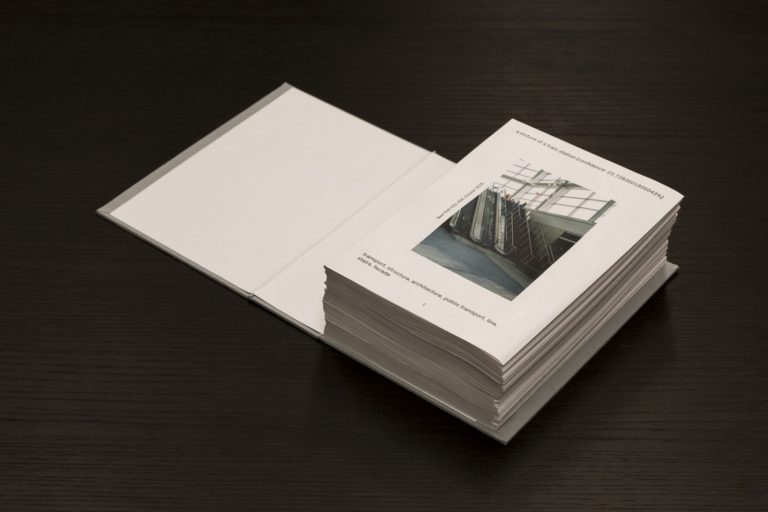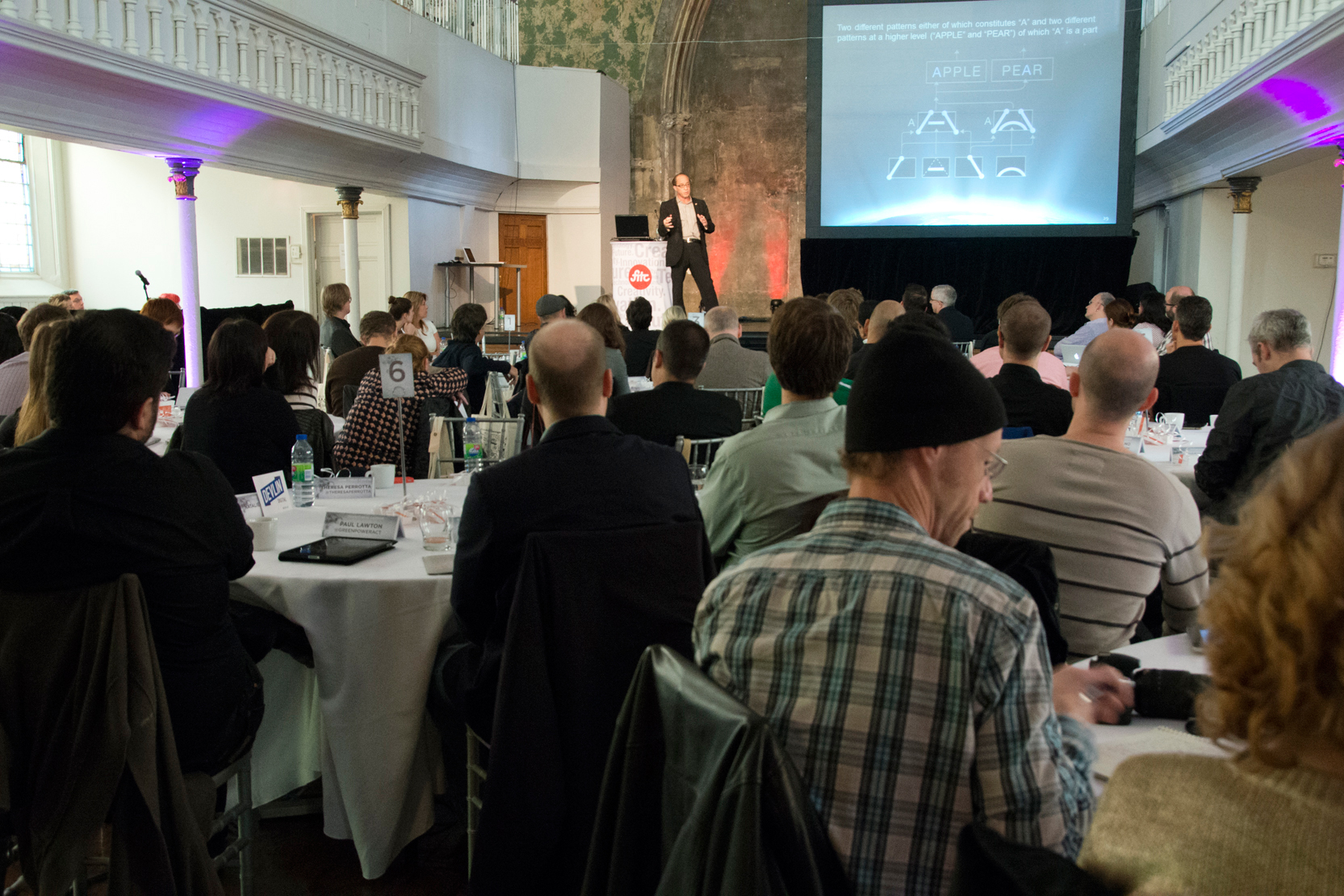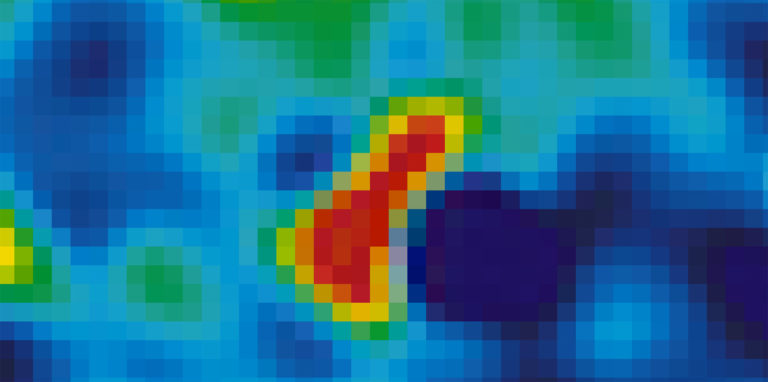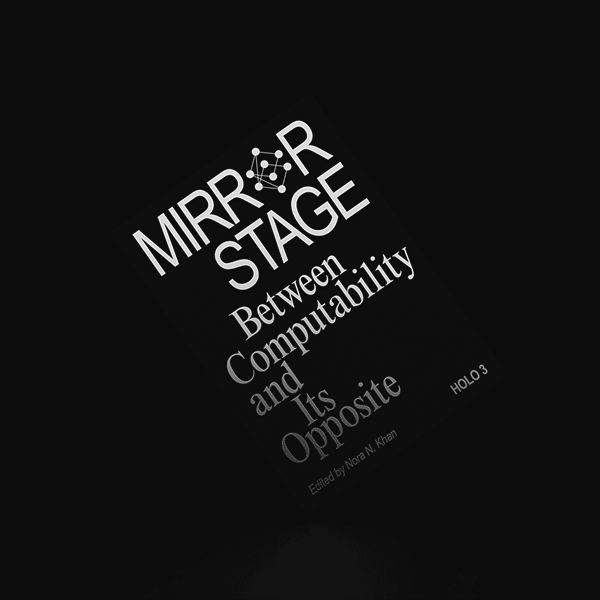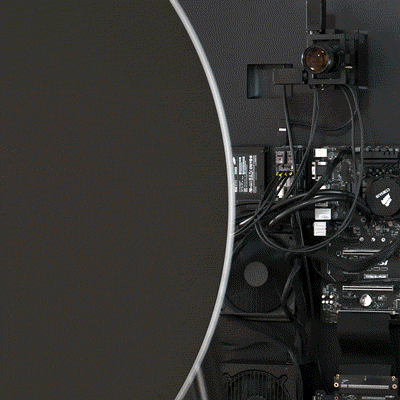A strangeness abounds when people are asked to theorize and elucidate something so untethered and rhizomatic as the Internet. At its basic structure, networks connect us to the images, data and knowledge we draw upon every day. Yet what is at the heart of these connections and what separates or integrates our In Real Life (IRL) and digital personas? This past weekend, the annual Theorizing the Web conference took place in New York’s bustling Midtown district at the City University of New York’s (CUNY) graduate center. Co-founders Nathan Jurgenson and PJ Rey created the conference in the hopes of balancing theory and practice with the diverse set of presenters and contributors while bridging the gap between institution and academia to the general public. Since the theme of this year’s conference dealt primarily with notion of surveillance, many of the panels focused on the different ways surveillance is used, not only to learn behaviors and habits of people, but as a means of creating a self through data or better understanding our connections and interactions online.
Since the conference garnered much attention, Jurgenson and Rey added another day to the, historically, one day conference. After experiencing the rapid firing of synapses this past weekend, it’s challenging to imagine the incredibly robust and lively discussion and exchange happening only within an eight hour time span. This year’s conference was too short, quite frankly. The first night alone was filled with an intense presentation of stories around the topic of free speech and social media at the symposium titled, “Free Speech for Whom” with panelists Danah Boyd, Adrian Chen, and Zeynep Tufecki. Each individual was asked to share a story about their experience (direct or indirect) of free speech. From empowerment to journalism to creation of social norms online, the discussion was rife with ideas of how free speech can lead to cultural revolution as well as perpetuate real life social norms that can cripple and possibly be destructive to marginalized populations (i.e., unknowingly becoming a subject to the male gaze, for instance). The night ended with the presider of the panel asking each panelist to reflect on a change they would like to see on the Internet and within society. Chen mentioned an acknowledgement and awareness of the infrastructure while Tufecki asserted looking at different and more conscious ways to program and code but bearing in mind the social implications. Lastly, Boyd’s closing remarks resonated with many participants as seen on the Twitter feed for the event. She emphasized being at conferences such as Theorizing the Web are fantastic ways to connect but disseminating our individual and collective knowledge to the public is imperative. The public is where the learning and shifting of culture takes place, in her words, “Be public with your work.”


